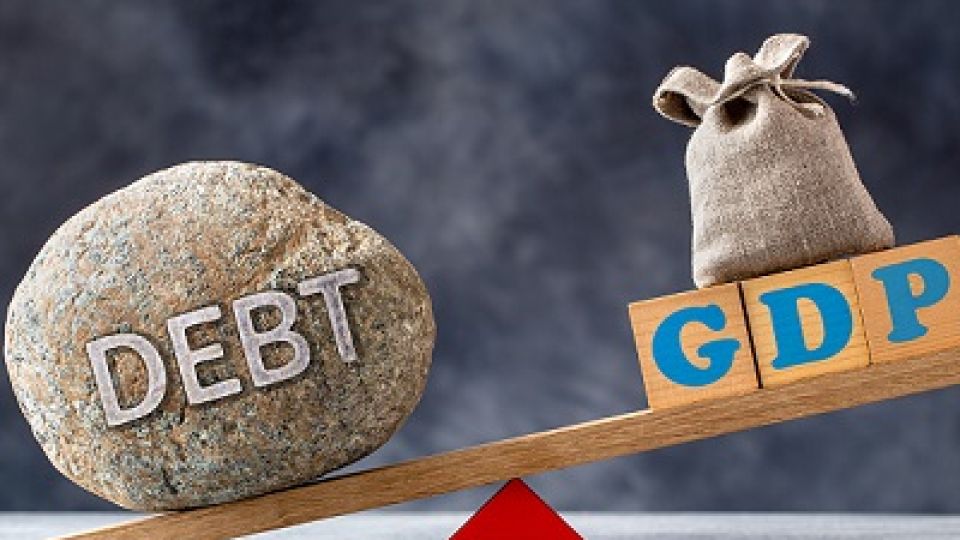from OKORO CHINEDU in Lagos, Nigeria
Nigeria Bureau
LAGOS, (CAJ News) – NIGERIA’S total public debt has risen by c.8% q/q to a whopping NGN49.9 trillion (about US$66.1bn) as of the first quarter of 2023 (Q1 ’23).
According to data released on Friday by the country’s market watch FBN Quest citing the Debt Management Office (DMO), Nigeria’s total debt stock on a y/y basis expanded by 20% y/y.
“In terms of composition, the domestic and external debt components make up roughly 61% and 39% of the gross public debt respectively. This compares with the target split of 70:30 proposed in the DMO’s debt management strategy for 2020-2023,” the market watch stated.
“The public debt figure excludes the FGN’s (Federal Government of Nigeria’s) NGN22.7trn way and means advances. Including it brings the gross public debt figure to NGN72.6trn, implying a debt-to-GDP ratio of 36.4% of 2022 GDP.”
Based on the recent data, the country’s total public debt stock rose to about c.25% of 2022 GDP, higher than the c.24% recorded in the year-earlier period.
FBN Quest points out the domestic debt stock, which increased by 10% q/q to NGN30.2trn was the main contributor to the rise in the overall total debt in Q4 ’22. Similarly, foreign debt rose by 5% q/q to NGN19.6trn.
The total public debt covered the external and domestic debt stock of the federal and state governments.
The 2022 Debt Sustainability Analysis report recently published by the DMO forecasts that Nigeria’s total debt-to-GDP ratio would rise to 37.1% in 2023 if the FGN’s way and means advances of NGN22.7trn, the 2023 budget deficit of NGN8.8trn, and the estimated promissory notes issuance of NGN2.9trn are added to the public debt stock.
Given the current baseline and its proximity to the debt ceiling, the agency stated it would raise the public debt ceiling from its current level of 40%, which is set in the medium-term management strategy paper 2020-2023.
“The rapid rise of the country’s public debt raises concerns about its debt sustainability, particularly considering the continued underperformance of the government’s revenue.”
It added: “To put into context, the latest CBN’s Quarterly Statistical Bulletin (QSB) shows that the federation’s gross revenue declined by -10% q/q to NGN3.1trn in Q4 ’22.
Although we commend the new administration’s fiscal reforms and initiatives to improve the nation’s revenue generation capacity, there is still some distance to cover to effectively reduce the fiscal deficit and curb the rapid rise of public debt.”
– CAJ News

